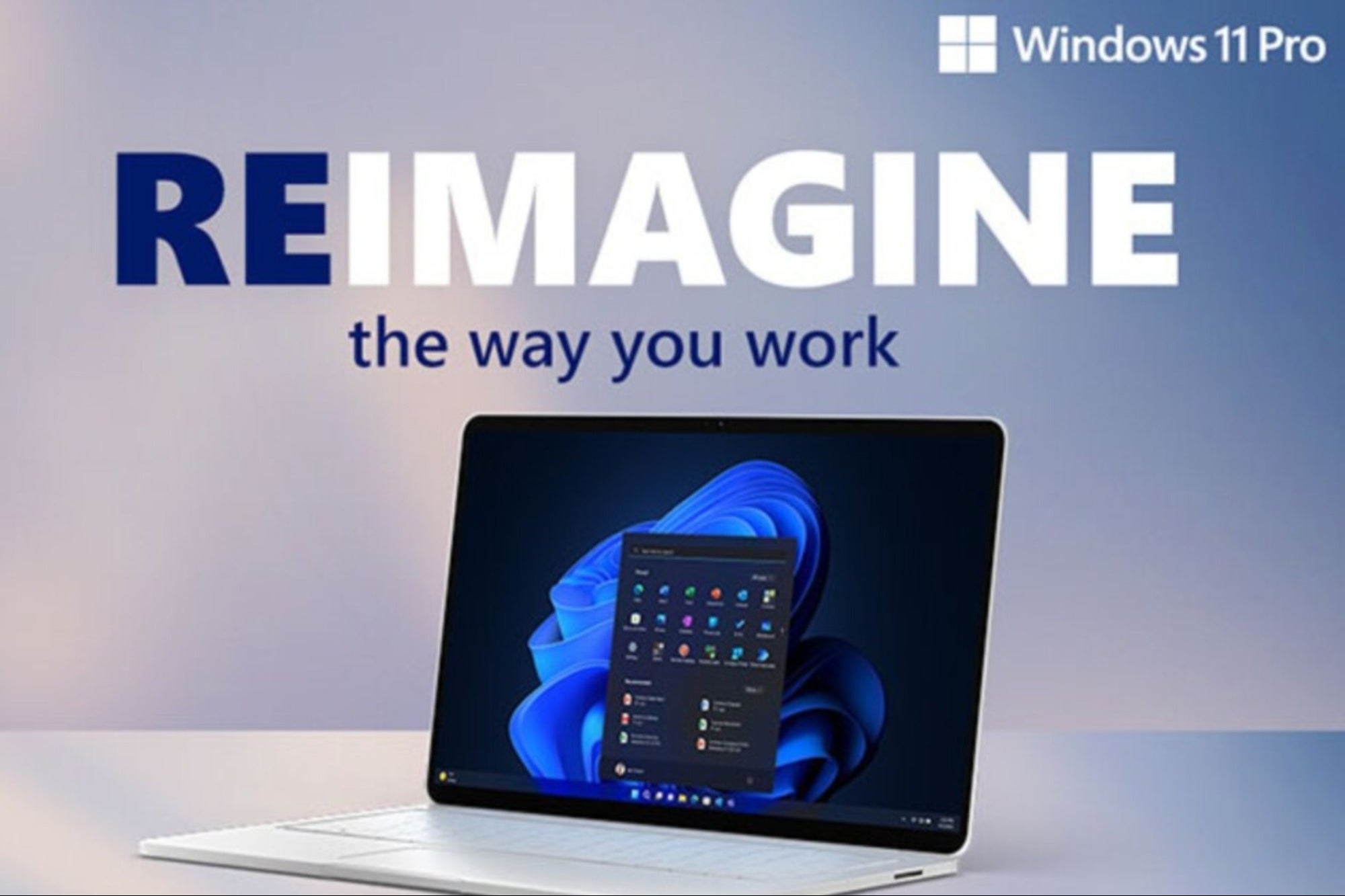How VCs Value Companies How do you measure the value of a pre-revenue company? Here's a bit of insight.
By Sam Hogg
Opinions expressed by BIZ Experiences contributors are their own.
Over the years, I've heard plenty of BIZ Experiencess and VC colleagues talk about pre-product, pre-revenue and pre-profit valuations as if they can all be lumped into distinct categories. But while this type of analysis is part of the art and negotiation of early-stage company valuations, it is far from formulaic.
When I hear VCs spout generalities such as "The going rate for post-product, pre-revenue companies is $5 million to $7 million," I tend to think of Oculus VR, which was acquired by Facebook for $2 billion before its first product hit the shelf.
When BIZ Experiencess come to me with the same sort of outsized expectations, I conduct a little drill: I ask them what kind of response they think they would get if they told their three largest competitors that they were selling the company in 10 days. Would the notice get shrugged off, or would it create a bidding frenzy? Ninety-nine percent of the time, the response is "meh."
With expectations tamed, we then get into a real conversation about valuation that respects the progress the company has made and the industry in which it operates.
The truth is that many pre-revenue companies are quite valuable. Intellectual property, early marketplace adoption and team members have little to do with early revenue but can certainly drive value. A drug on the verge of FDA clearance, an app with a massive user base or an all-star founding team could be vastly more valuable than a profitable, established firm with little growth or dwindling market share.
So how do VCs value companies in lieu of proven financial models? Most firms have developed proprietary algorithms specific to the industries they invest in based on key performance indicators (KPIs). Many of these are based on the histories and development paths of companies that eventually tipped the scales to profitability.
For a digital media company, KPIs may be unique users or page views. For a software company, they could be downloads or subscriptions. A new gizmo's KPIs might be intellectual property and market potential.
The key is for you to figure out which KPIs matter in your industry and make them the main focus. This is all to say that you don't need to be making money to be worth money, but you do need to show a viable path to profitability. ("We'll figure it out later" no longer flies.)
If you can do that, you'll be surprised how many VCs are comfortable with a business that doesn't make money. Everyone understands that while it's nice to see that first year end up in the black, very few companies start that way. Focus on creating value; the rest usually takes care of itself.










